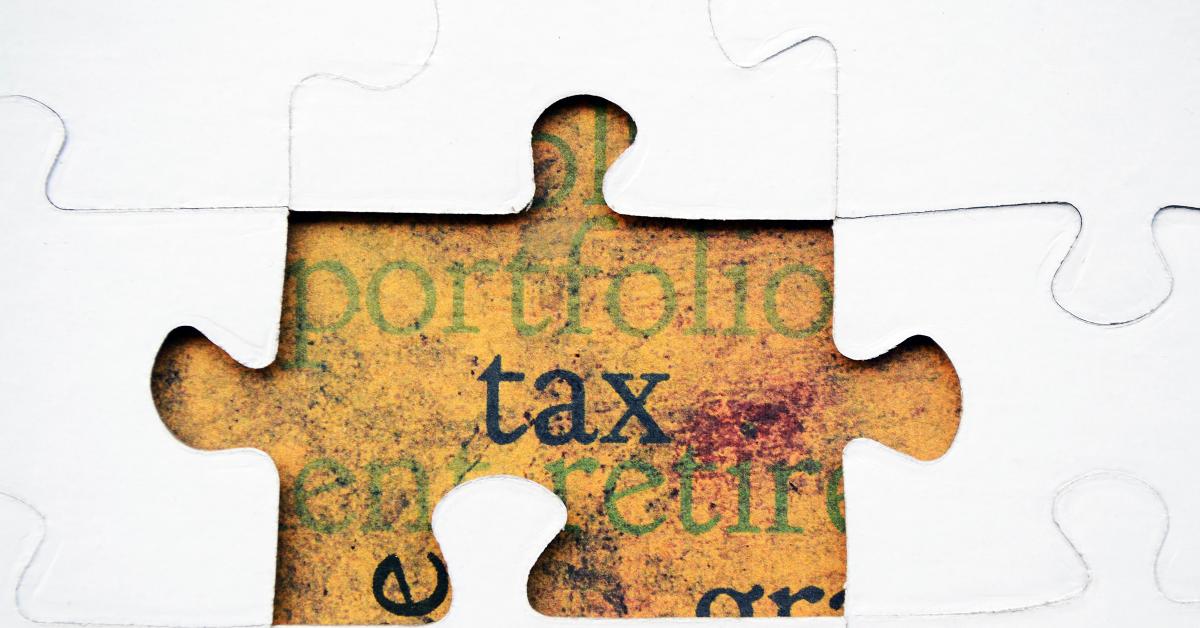CHICAGO — No dry cleaner likes to pay taxes, but by paying attention to their business, owners can often reduce the amount of pain tax time brings, and might even find some credits they didn’t know they had coming to them.
In Part 1 of this series, we took a look at some of the government programs that were put into place to help dry cleaners and other small-business owners ride out the economic challenges of the pandemic. In Part 2, we explored ways cleaners could take advantage of tax credits available by hiring certain groups to build their team. We’ll finish the series today by examining the benefits of building good habits when it comes to taxes and bookkeeping.
Back to the Basics
Even with all these new terms and programs, there are certain fundamental steps that dry cleaners should pay attention to that will help both them and their tax professionals make the process smoother, says Samantha Rocco, a tax and estate lawyer with the Einhorn, Barbarito, Frost & Botwinick law firm in Denville, New Jersey.
“To avoid the stress associated with that last-minute scrambling, dry cleaners should keep records for their business income and expenses organized and in a secure location throughout the year, rather than waiting until tax time to sort through that paperwork.”
Clear bookkeeping is everyone’s friend when it comes to taxes, Rocco believes.
“For each expense, the dry cleaner should retain a receipt, and I would also suggest scanning the receipts so that they can retain a digital copy,” she says. “In addition, I would suggest creating a spreadsheet if the dry cleaner doesn’t already have one to track the business’s income and expenses. By doing so, the dry cleaner’s task of organizing their receipts will be a lot more manageable.”
Rocco has found that keeping current with tax information can save both headaches and heartaches: “By keeping track throughout the year, a dry cleaner won’t have to try and remember months-old expenses while feverishly looking through old papers trying to locate receipts when tax time inevitably rolls around.”
In fact, the very idea of “tax time” can be a misnomer, she says. It’s more accurate to think of the process as “tax times,” because many dry cleaners are required to pay estimated tax payments quarterly.
“Basically, instead of paying one’s entire tax liability in one lump sum, certain entities and individuals are required to pay their federal tax liability in four equal installments throughout the year,” Rocco says. “So, if a business is going to be required to pay estimated tax payments, I suggest making sure to put reminders in the calendar so that the estimated tax payments don’t slip through the cracks. If they do, that can result in penalties from the IRS.”
To keep everything running smoothly, Rocco says that it’s crucial for dry cleaners to maintain an open line of communication with their tax professional or accountant.
“There are some key questions they want to ask,” she says. “Ask them what information do they need from you to file your taxes, and what are the best ways to handle the depreciation of your business assets? Also, have the conversation every year to see if there any proposed changes to tax law that you should be aware of.”
A common mistake occurs when business owners mix their business and personal finances.
“When the owner and the business have one account or one credit card, it can lead to a nightmare at tax time,” Rocco says. “It becomes very difficult to determine which expenses were personal and which were business expenses. So, the best bet is to just keep separate accounts to avoid that confusion.”
And, while the vast majority of dry cleaners certainly don’t enjoy dealing with taxes, Rocco says it’s best to keep on top of them throughout the year.
“Don’t procrastinate when it comes to contacting your accountant,” she says. “Waiting until the last minute, as many of us know, will cause stress. And we want to avoid delaying payment of your tax obligations and avoid any penalties that may be associated with paying your tax obligations late to the IRS. That’s never a good thing.”
For Part 1 of this series, click HERE. For Part 2, click HERE.
(Information in this article is provided for educational and reference purposes only. It is not intended to provide specific advice or individual recommendations. Consult an attorney or tax adviser for advice regarding your particular situation.)
Have a question or comment? E-mail our editor Dave Davis at [email protected].

